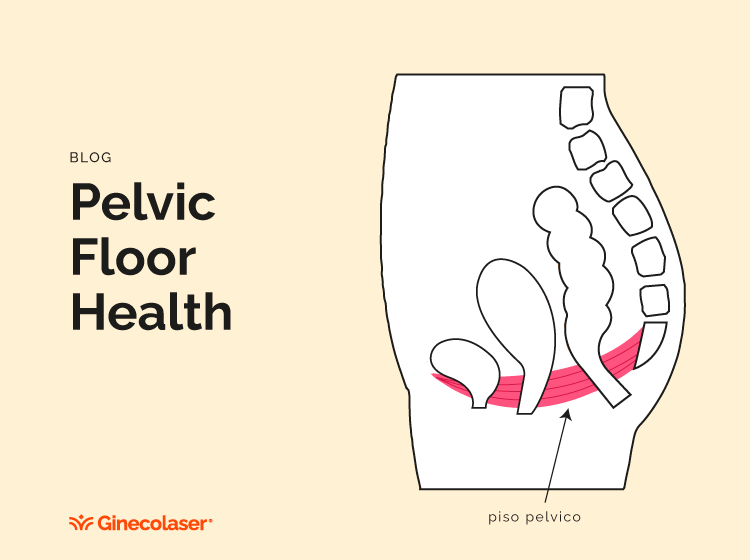Gyne Blog
Pelvic Floor Health
The pelvic floor is a group of muscles and other tissues that form a kind of sling or hammock across the pelvis.

In women, it supports the uterus, bladder, intestines, and other pelvic organs in place so that they can function properly. Pelvic floor health is important for preventing urinary and genital disorders.
Among the urinary disorders we can observe:
- Urinary urgency
- Altered urinary frequency
- Dysuria
- Recurrent urinary tract infections
- Urinary incontinence (UI)
Urinary incontinence (UI) is a significant medical and social problem with a growing trend due to factors such as aging population. It is highly prevalent in the adult population and 2 to 4 times more common in women than in men. The incidence of urinary incontinence increases almost linearly with age.
There are several studies in the literature on risk factors that increase the individual risk of developing urinary incontinence, such as:
- Gender: For various reasons (urethral length, anatomical differences in the pelvic floor, effects of childbirth), it is believed that women have a higher risk of developing urinary incontinence.
- Age: Age-related changes include decreased elastic tissue, cellular atrophy, reduced muscle tone, decreased estrogen levels, immobility, among others.
- Menopause and estrogen decline: Genital atrophy can lead to pelvic floor relaxation, and recent studies have not shown menopause itself to be an independent risk factor for urinary incontinence.
- Weight: Obesity is an independent risk factor for urinary incontinence in older women. A high body mass index is associated with higher prevalence and greater severity.
- Parity: Childbirth is an established risk factor for stress urinary incontinence and mixed urinary incontinence (stress and urgency). We will delve into this topic in more detail shortly.
- Urogynecological factors: Such as vaginal wall and pelvic organ prolapse, weakness of pelvic floor muscles, previous surgery, constipation, cystitis, and other urinary tract infections.
- Other factors: Including cardiovascular diseases, diabetes mellitus, Parkinson's disease, dementia, stroke, various medications, smoking, alcohol abuse, etc., have been associated with urinary incontinence. All of these factors can impact quality of life, so I recommend you seek a consultation to evaluate these issues.
